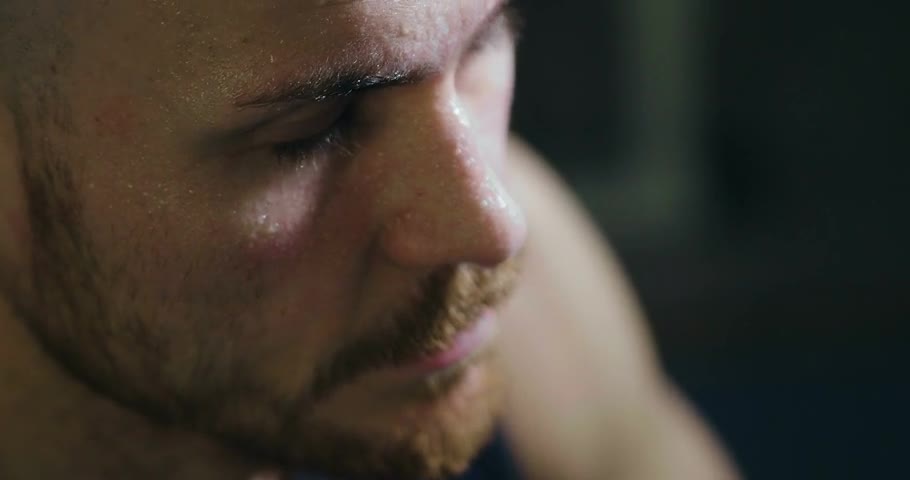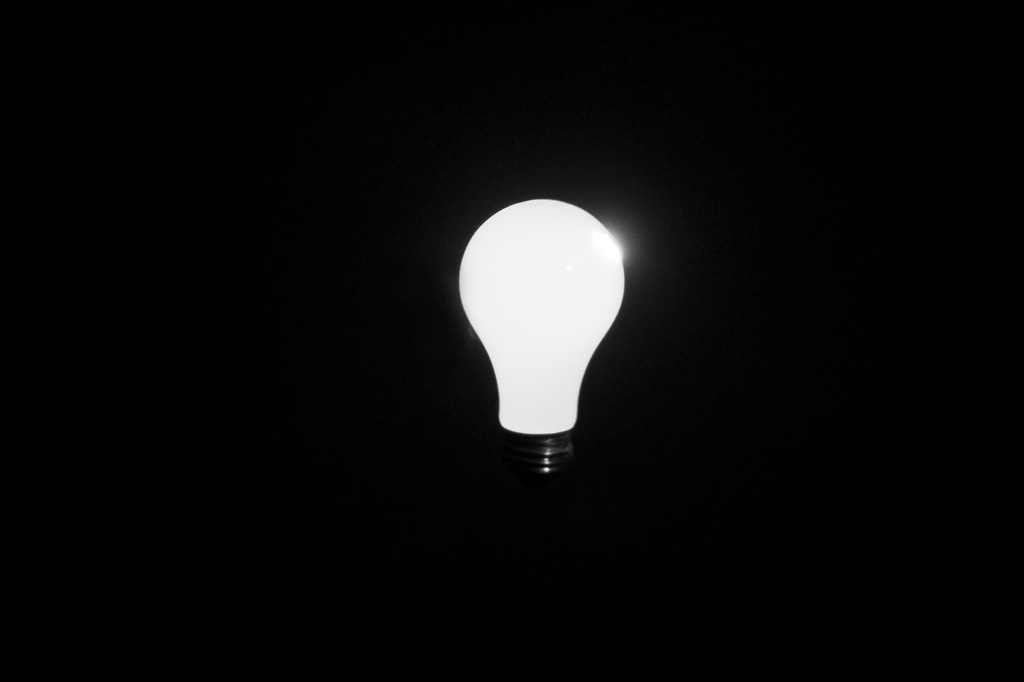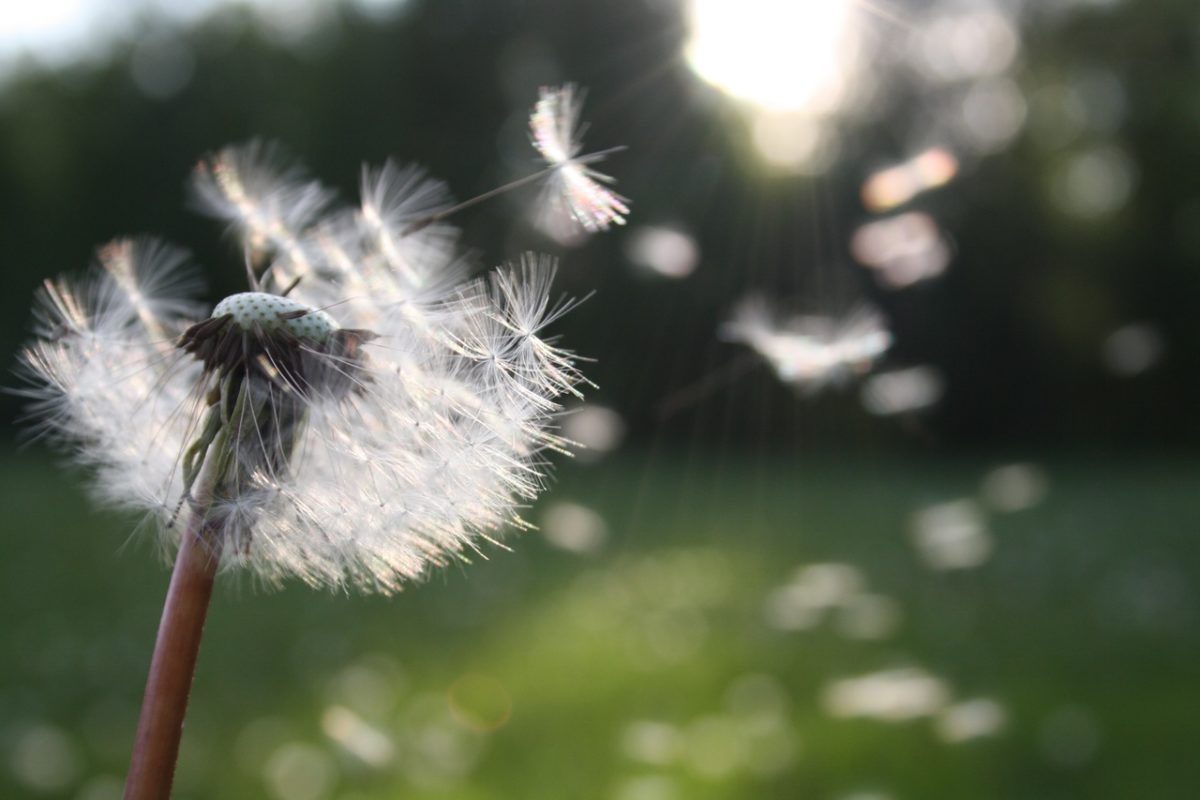Don’t resist the pain. Experience the pain. When you experience pain and just observe it, it no longer exists as suffering.
This was the message from Ronan Oliveira, who is one of the trainers for the fitness program that I am currently going through.
He was making this point because one of the exercises in the program required you to hold the dumbbell you were using while keeping your muscle contracted until you literally couldn’t hold it any longer.
He was talking about how training is not just about improving your fitness and strength but also a journey about experiencing something uncomfortable — something that takes you to your limits.
Ronan then went onto say, “the whole fitness journey is about experiencing something new and then noticing how it feels.”
This statement became a revelation for me. I started to ponder that this idea he was talking about applies to beyond just fitness but life period.
And what if this is a simple definition of what life is truly all about?
What if we replaced the word “fitness” in his statement with “life”?
Consider this idea for a moment:
“Life is just about experiencing something new and then noticing how it feels.”
Doesn’t that in many ways beautifully sum up the human journey?
Growth. Transformation. Change. Evolution.
But those can’t happen without experiencing our fair share of pain and discomfort along the journey.
Discomfort and pain come with the territory and when it arrives we expend much of our energy trying to resist it. The immediate reaction of our mind is to avoid it — because we label pain, discomfort, or anything that makes us uncomfortable as negative. Our knee-jerk reaction is to seek ways to make it go away so we don’t have to feel it.
But what happens when we resist pain and discomfort?
It then becomes suffering.
I remember when I would get a sore throat or even a simple head cold when I was younger, my immediate response would be to hurry over to the pharmacy so I could douse myself with over-the-counter medicines.
I knew it wasn’t going to get rid of the actual sickness but as far as my mind was concerned, it allowed me to mask the symptoms so I wouldn’t have to actually experience the feeling of being sick.
Looking back, this was a form of resistance.
This shows up in other “unpleasant” situations in our lives like being at the beach on a beautiful day but the water is freezing. You want to go in to enjoy the ocean but you don’t want to feel the cold.
So what do you do?
You go in but you do everything in your power to resist experiencing the cold.
You slowly dip your body into the water — bracing your shoulders as a way to shield yourself from the dreaded cold temperatures and to siphon some warmth.
Your teeth are chattering and you begin to shiver.
All of these reactions from your body are a by-product of your desire to not feel the cold.
You are resisting the discomfort caused by the coldness and hence you are suffering through the experience.
And while you set the intention to have the experience of enjoying the ocean, you are resisting the full experience and all the feelings that come along with it.
Because to experience true coldness without the suffering (shivering, teeth chattering, etc.), you have to pay attention to how the cold actually feels.
You have to notice how the water feels on your skin… how the sensations of coldness feel throughout your body.
To truly know what coldness is like, you have to allow yourself to feel it.
So, back to my trainer Ronan’s statement from earlier, that paying attention to pain removes the suffering.
Yes, the pain and discomfort from the freezing cold water will still exist… but if we choose not to resist it by actually feeling it, we are no longer suffering.
Instead, the pain and discomfort just become an experience.
This is about deliberately stepping into something uncomfortable and unpleasant.
Leaning into the discomfort, breathing into the sensations, and bringing your whole mind to the experience.
This mindset is at the heart of practices like yoga and meditation.
In yoga, when the stretches and poses feel hard on your legs and your lower back, the instructor will tell you to breathe into the pain and pay attention to it.
In meditation, one of the first things you learn (hopefully) is that thoughts, feelings, and distractions are all part of the experience — to simply notice them and not resist. The meditation itself becomes a way to experience what it feels like to be distracted and to have racing thoughts.
Because we can’t truly experience what something actually is unless we allow it.
We can’t truly experience what something feels like unless we immerse ourselves in it.
Whether it’s the muscle pain from holding a dumbbell, the cold sensations permeating through our bodies from the ocean water, or even the tension and frustrations we experience when we clash with someone — there is always something to be witnessed and felt in our experience even when we believe it’s unpleasant.
Is there a temperature to what you’re feeling? A texture? Maybe even a color? Perhaps, a sound?
You may not buy into this idea that paying attention to pain removes suffering. But if you were to bring your full attention to what the discomfort you’re experiencing actually feels like, your mind likely wouldn’t realize you’re not suffering anyway.
It’s too busy noticing the sensations happening inside you… that it doesn’t have time to be focused on suffering… or anything else for that matter.
Like I said this is something I’ve started to ponder, that life indeed might be about just experiencing something new and then seeing how it feels.
What have you experienced lately that has been uncomfortable or even painful? How did it feel?
Please keep in mind I’m using the word pain very loosely here as what it means varies from person to person. Also, if you are indeed suffering from chronic pain or illness, in no way is this meant to minimize the realness of what you are feeling.






This is really good. Very perceptive